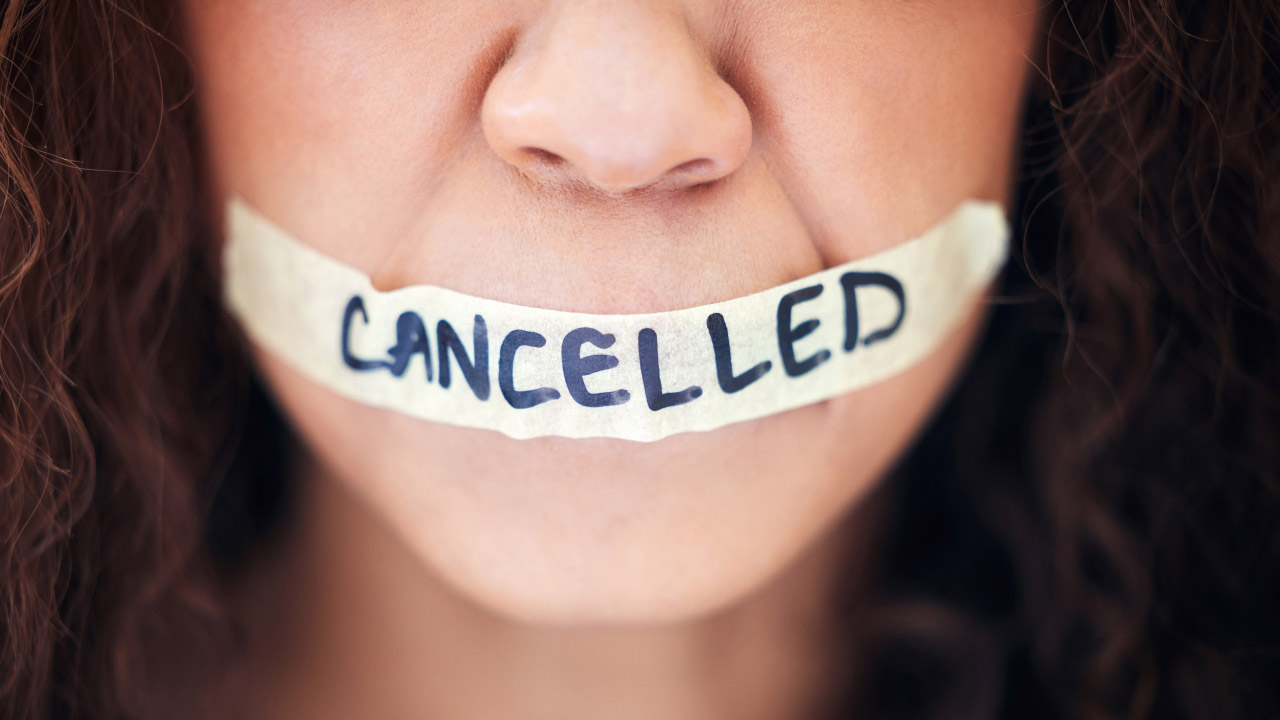Does cancel culture benefit society?
 CREDIT: PEOPLEIMAGES
CREDIT: PEOPLEIMAGES"Cancel culture as a concept has become, itself, just another Internet-soaked confusion."
On social media platforms, you have most likely seen an individual or group state their opinion and promptly get ganged up on until they are forced to retract all of their previous statements, or worse. Since it was added to the dictionary in 2017, we have come to know these series of events as “cancel culture.”
Fanshawe student Lauren Neil, stated her opinion on cancel culture, saying it isn’t always the best way to solve an issue, and that we can take the experiences and turn them into a learning opportunity.
“I do find that a lot of the things that people want to cancel are things that should be used as a learning opportunity,” she explained. “People should be able to know that these things happened or were said and so other people can learn from it not to do it and why it’s wrong or whatnot.”
Neil also expressed concerns for past opinions people may have had that could get them in trouble.
“There’s not a single thing that I remember from [when I got on social media.] And that worries me. What if I was, as a 10-year-old, some idiot? I wouldn’t remember.”
Nicholas McGinnis, a Fanshawe professor in the School of Language and Liberal Studies with a PhD in philosophy stated that cancel culture has “outlived its usefulness,” and what we once knew as a useful critique has become problematic.
“Because ‘cancel culture’ is such a politically loaded term, it is no longer useful for serious analysis,” McGinnis. “It singles out specific actors and views for partisan rhetorical purposes. The initial point of the critique was that some online spaces had become too harsh, too denunciatory, too punitive, and this had a real chilling effect on speech. But, if this is true, it’s true across the entire political spectrum.”
McGinnis spoke about a writer and researcher by the name of Emer O’Toole, and how when she wrote an article on the topic of sexism, she was met with a barrage of misogynist comments, death threats, and insults from men.
“This story has never served as an example of cancel culture. Yet this sort of online swarming and harassment is very commonplace for women who express opinions online. There are hundreds of cases like these. We don’t think of harassment resulting from misogyny, transphobia or racism as a form of ‘cancel culture’ but structurally it is the same thing.”
In McGinnis’ class, he teaches a segment known as “fake news,” and in the segment, he speaks on cancel culture and how the definition is constantly changing.
“Cancel culture as a concept has become, itself, just another Internet- soaked confusion. It gives off more heat than light. A lot of outrage is manufactured on the basis of misleading online content,” he said. “We have to learn to separate the problem of Internet incivility from the weaponization of these legitimate critiques that offer the rhetorical assurance that ‘our side doesn’t do it; their side does.’”
When asked if he thought cancel culture was beneficial to society, McGinnis responded that with increasing polarization between political views and a decline in trust of the political system on the whole, conflict is inevitable.
“People will be inclined to think that the truth must be ‘somewhere in the middle,’ but this, of course, is wrong as well; the middle-ground is not some stable place. It’s arbitrary; it’s relativistic, relative to whatever the politics of the day are. You have to believe that reality is out there.”
In the modern world, everyone has their own beliefs, relationships, and opinions, which ends up engendering conflict. Cancel culture is a tool that can be used in both positive and negative ways, all depending on the crowd who uses it.















